 Instructor
Instructor

Michael Binder
 Washington, District of Columbia
Washington, District of Columbia
Audit
Michael, Graduate School USA Instructor, is the Director of the Graduate School USA, Government Audit Training Institute. He’s served over forty-two years in federal audit staff, management and executive positions in GAO, the Inspector General community and as Acting Inspector General of the National Endowment for the Arts. As Assistant Inspector General, Deputy Chief of Staff, Senior Resource Official/CFO, and Supervisory Forensic Auditor, U.S. EPA Office of Inspector General (OIG), he directed the EPA OIG's internal risk assessment, audit follow-up, audit and investigative planning, budget development and execution, legislative analysis, program evaluation, policy review, performance measurement and financial reporting, human resources, audit peer review, procurement, quality assurance assessments, Hotline, and cost accounting program. He led EPA OIG's strategic planning and pioneered the application of logic models and SWOT Analysis for planning and performance measurement in the OIG, for EPA and the federal IG community. He created the President's Council for Integrity and Efficiency (PCIE) Environmental Consortium and chaired the PCIE Government Performance and Results Act Committee.
Michael has a BBA and MBA in Finance and Economics from George Washington University and attended Harvard University, the Federal Law Enforcement Training Center and the Federal Executive Institute. He is a Certified Internal Auditor, a Certified Fraud Examiner, and a former national officer of the Association of Government Accountants.
Michael has been an adjunct professor of management, finance, white-collar crime and auditing since 1975. He is currently a faculty member of the Graduate School USA, the University of Maryland, and a Certified Seminar Leader with Fred Pryor. He has been a guest lecturer/instructor at Salisbury University, George Mason University, University of Michigan, Florida Atlantic University, the Federal Air Marshall Academy, Federal Law Enforcement Training Center and the Council of Inspectors General Training Academy. He is a principal contributor to the development of the University of Maryland's White Collar Crime Certification curriculum. Michael Binder is the Host of the WTOP/Federal News Network weekly radio program "The Search for Accountability." He also created The Montgomery Summer Tennis Camps, published several professional articles and course texts, is a professional orchestra leader including performing at the Kennedy Center and for Presidential Inaugural Balls, and is commissioner of several adult sports leagues.
 Past Courses
Past Courses
8:00 a.m. to 1:00 p.m.
CNMI (GMT+10)
CNMI
The Infrastructure Investment and Jobs Act (IIJA) provides $1.2 trillion in federal spending over the next five years mostly in grants and contracts to states and local governments for public transit, railways, power grids, electric vehicles and buses, ferries, airports, waterways, climate change, broadband internet, environmental protection, drinking water, and transformation safety. This program of fast-moving money, with untested controls, provides vast opportunities for fraud and waste. Auditors, investigators, and grants and contract managers at all levels of government will need to be especially vigilant for possible schemes and red flag indicators of fraud that robs the public of funds and performance.
8:00 a.m. to 5:00 p.m.
CNMI (GMT+10)
CNMI
A high performing audit organization needs skilled, committed, and motivated staff/team members that have a strong sense of organizational purpose and self-direction. Great audit managers and leaders need to put staff in a position to succeed while constantly learning, improving and growing.
8:00 a.m. to 5:00 p.m.
CNMI (GMT+10)
CNMI
Managing positive and productive relationships throughout the audit, directing, coaching or working with members of the audit team, and dealing with auditees, organizational management and external stakeholders can be emotionally challenging and often confrontational. Auditors often must deal with difficult people in difficult situations - and must deal with the auditees!
8:00 a.m. to 12:00 p.m.
Marshall Islands (GMT+12)
Marshall Islands
The course is designed for auditors and finance professionals at all levels to assess and improve their ability to make clear, wellstructured and convincing presentations. Professionals must use the power of clear communication and the power of persuasion to give effective formal and informal presentations, including briefings to audit management, budget committees, auditees, peers, at entrance and exit conferences and others in conducting business. An effective presentation requires a focused message, addressing the concerns of the audience that is well arranged and skillfully delivered. This is a practical course where participants will prepare, give and critique several presentations with the opportunity for self-assessment, coaching and improvement.
1:00 p.m. to 3:00 p.m.
Hawaii (GMT-10)
Other
Managing positive and productive relationships during the course of audit work, directing, coaching or working with members of the audit team, and dealing with auditees, organizational management and external stakeholders can be emotionally challenging and often confrontational. We often have to deal with difficult people in difficult situations– and they have to deal with us! This executive seminar will examine the emotionally intelligent competencies and communication skills necessary to maintain control, and better connect with people in defusing angst and in building positive, cooperative relationships for constructive problem solving and inspired action. We will explore differences in personality types that cause misunderstandings, how to manage your own hot buttons, and how to manage difficult personality types or potentially contentions situations for positive outcomes.
8:00 a.m. to 5:00 p.m.
Marshall Islands (GMT+12)
Marshall Islands
Managing positive and productive relationships throughout the audit, directing, coaching or working with members of the audit team, and dealing with auditees, organizational management and external stakeholders can be emotionally challenging and often confrontational. Auditors often must deal with difficult people in difficult situations - and must deal with the auditees! This executive seminar will examine the emotionally intelligent competencies and communication skills necessary to maintain control, and better connect with people in defusing angst and in building positive, cooperative relationships for constructive problem solving and inspired action. We will explore differences in personality types that cause misunderstandings, how to manage your own hot buttons, and how to manage difficult personality types or potentially contentious situations for positive outcomes.
8:00 a.m. to 12:00 p.m.
Palau (GMT+9)
Palau
The Infrastructure Investment and Jobs Act (IIJA) provides $1.2 trillion in federal spending over the next five years mostly in grants and contracts to states and local governments for Public Transit, Railways, Power Grids Electric Vehicles. Electric buses, Ferries, Airports, Waterways, Climate change, Broadband Internet, Environmental Protection, Drinking Water, and Transportation Safety. This program of fast-moving money, with untested controls provides vast opportunities for fraud and waste. Auditors, investigators, special agents, grants, and contract managers at all levels of government will need to be especially vigilant of possible schemes and red flag indicators of fraud that robs the public of funds and performance
8:00 a.m. to 5:00 p.m.
Marshall Islands (GMT+12)
Marshall Islands
Creative and Critical Thinking for Auditors explores why creative and critical thinking are essential tools of auditor providence that should be applied throughout all phases of the audit process. The class will discuss personal and organizational challenges to creative thinking and change, and ways to overcome the natural resistance to change for breakthrough ways of seeing root causes of problems and considering new possible solutions. This course will include brain training exercises and tools to get participants to think more abstractly to look beyond the obvious, to challenge the status quo, and to use process techniques for generating new ideas for action. This class will explore the power of “why” in looking for root causes of problems, and the power of the possible in considering new opportunities and threats for forward-thinking recommendations.
8:00 a.m. to 5:00 p.m.
Palau (GMT+9)
Palau
Selecting performance audits to conduct is like building a successful investment portfolio. Developing meaningful objectives helps ensure each audit efficiently and effectively achieves meaningful results. Together, selecting the right audits and clear objectives provide a return on investment that is highly valued, relevant, and meaningful to the stakeholders it serves. Explore techniques and factors for selecting and planning audits based upon measurable factors of risk, materiality, public interest, and public benefit as valued by its many stakeholders. You will identify stakeholder interest and needs, future opportunities, and external threats; apply a cost benefit approach using measures of outcome value to score proposals; and formulate compelling audit objectives leading to meaningful specific future-oriented recommendations of value.
1:00 p.m. to 3:00 p.m.
Hawaii (GMT-10)
Other
In this session, we will explore why creative and critical thinking are essential tools of auditor proficiency that should be applied throughout all phases of the audit process. The session will discuss personal and organizational challenges to creative thinking and change for breakthrough ways of seeing problems and considering new possible solutions. The presentation will include brain training exercises and tools to get participants thinking more abstractly to look beyond the obvious and use process techniques for generating new ideas for action. This class will explore the power of "why" in looking for root causes of problems, and the power of the possible in considering new opportunities and threats for forward thinking recommendations.
4:00 p.m. to 6:00 p.m.
Hawaii (GMT-10)
Other
What makes a good leader? How do we motivate others? And how do we create an environment where staff members are fully accountable? These are the basic ingredients for high performing organizations – but in many audit organizations we promote or hire staff into management or leadership positions based upon their demonstrated technical skills, without preparing them to step into a leadership role requiring an entirely different set of knowledge, skills and abilities – which becomes self-perpetuating as their only reference may be their own managers who were also promoted based upon technical skill – and never learned to lead.
1:00 p.m. to 6:00 p.m.
Hawaii (GMT-10)
Other
Leadership, Motivation and Accountability for High Performance Auditors
Great audit organizations need leaders who see their role differently than just being super auditors. This highly interactive course will help audit staff cross the threshold toward becoming super leaders by understanding what makes a good leader, how to motivate others, and create an environment of accountability for high performance. This session will examine the traits, characteristics and styles of successful managers and leaders that can be learned and practiced, as well as why people in leadership positions often fail. We will explore ways to inspire and motivate staff through constructive coaching, growth opportunities and appreciation. This session also explores the communication tools, approaches, and techniques to inspire a new level of performance accountability, self-awareness and commitment through empowerment and ownership.
Business Etiquette in an Instant Information World
The proliferation of computes, smart phones, and other digital devices combined with easy internet access has created a brand new world in which the old rules of business etiquette are no longer adequate. Is texting during a business meeting rude? Are “all caps” messages alarming to recipients? Should you be Facebook friends with coworkers? This workshop offers insights into potential problem areas along with best practices for professional presentation in an online world.
8:00 a.m. to 5:00 p.m.
Palau (GMT+9)
Palau
As an auditor/leader you are you faced with tough decisions about how to handle sensitive situations and critical choices in your mission to seek the best possible outcome among competing priorities. Explore the ethical hazards and dilemmas facing auditors and leaders and review methods of analyzing and resolving them in this participative workshop. Come away with a skill set for dealing with the common, right vs. wrong hazards (temptations) and the more difficult right vs. right conflicts or dilemmas that leaders regularly face. Also, learn ways to mitigate the risks, fortify the courage associated with carrying out ethical decisions, and review how to integrate effective ethics control systems into an organization.
1:00 p.m. to 5:00 p.m.
Marshall Islands (GMT+12)
Marshall Islands
Great organizations need leaders who see their role differently than just being super technical staff. This highly interactive course will help staff cross the threshold toward becoming super leaders by understanding what makes a good leader, how to motivate others, and create an environment of accountability for high performance. This course will examine the traits, characteristics and styles of successful managers and leaders that can be learned and practiced, as well as why people in leadership positions often fail. We will explore ways to inspire and motivate staff through constructive coaching, growth opportunities and appreciation. This session also explores the communication tools, approaches, and techniques to inspire a new level of performance accountability, self-awareness, innovation and commitment through empowerment and ownership.
1:00 p.m. to 5:00 p.m.
Palau (GMT+9)
Palau
Creative and Critical Thinking for Auditors explores why creative and critical thinking are essential tools of auditor providence that should be applied throughout all phases of the audit process. The class will discuss personal and organizational challenges to creative thinking and change, and ways to overcome the natural resistance to change for breakthrough ways of seeing root causes of problems and considering new possible solutions. This course will include brain training exercises and tools to get participants to think more abstractly to look beyond the obvious, to challenge the status quo, and to use process techniques for generating new ideas for action. This class will explore the power of “why” in looking for root causes of problems, and the power of the possible in considering new opportunities and threats for forward-thinking recommendations.
1:00 p.m. to 6:00 p.m.
Hawaii (GMT-10)
Other
Audit resolution, follow-up, implementation, and reporting is a responsibility shared by the audit organization, the auditee organization follow-up coordinator and action officials. This responsibility is described in a variety of laws and OMB Circulars to provide a basis for accountability of the audited entities in responding to audit recommendations, reaching resolution and implementing the agreed upon corrective actions to reduce the risk of loss, improve operational performance and financial integrity in all levels of government.
This course will explore the statutes, guidance and standards for audit recommendations, resolution, follow-up progress, monitoring and reporting. It will also define the roles and responsibilities of the audit organization and those designated to perform follow-up, implementation and congressional reporting and budget submission functions.
1:00 p.m. to 3:00 p.m.
Hawaii (GMT-10)
Other
Creative Thinking for Auditors explores why creative and critical thinking are essential tools of auditor providence that should be applied throughout all phases of the audit process. The class will discuss personal and organizational challenges to creative thinking and change, and ways to overcome the natural resistance to change for breakthrough ways of seeing root causes of problems and considering new possible solutions. This course will include brain training exercises and tools to get participants to think more abstractly to look beyond the obvious, to challenge the status quo, and to use process techniques for generating new ideas for action. This class will explore the power of “why” in looking for root causes of problems, and the power of the possible in considering new opportunities and threats for forward-thinking recommendations.
8:00 a.m. to 12:00 p.m.
CNMI (GMT+10)
Other
8:00 a.m. to 12:00 p.m.
CNMI (GMT+10)
Other
9:00 a.m. to 1:00 p.m.
CNMI (GMT+10)
CNMI
Creative Thinking for Auditors explores why creative and critical thinking are essential tools of auditor providence that should be applied throughout all phases of the audit process.
8:00 a.m. to 5:00 p.m.
Kosrae (GMT+11)
Kosrae
8:00 a.m. to 5:00 p.m.
Kosrae (GMT+11)
Kosrae
8:00 a.m. to 5:00 p.m.
CNMI (GMT+10)
Guam
Selecting performance audits to conduct is like building a successful investment portfolio. Developing meaningful objectives helps ensure each audit efficiently and effectively achieves meaningful results. Together, selecting the right audits and clear objectives provide a return on investment that is highly valued, relevant and meaningful to the stakeholders it serves. Explore techniques and factors for selecting and planning audits based upon measurable factors of risk, materiality, public interest, and public benefit as valued by its many stakeholders. You will identify stakeholder interest and needs, future opportunities and external threats; apply a cost benefit approach using measures of outcome value to score proposals; and formulate compelling audit objectives leading to meaningful specific future-oriented recommendations of value.
8:00 a.m. to 5:00 p.m.
CNMI (GMT+10)
Guam
The Infrastructure Investment and Jobs Act (IIJA) provides $1.2 trillion in federal spending over the next five years mostly in grants and contracts to states and local governments for public transit, railways, power grids, electric vehicles and buses, ferries, airports, waterways, climate change, broadband internet, environmental protection, drinking water, and transformation safety. This program of fast-moving money, with untested controls, provides vast opportunities for fraud and waste. Auditors, investigators, and grants and contract managers at all levels of government will need to be especially vigilant for possible schemes and red flag indicators of fraud that robs the public of funds and performance.
8:00 a.m. to 5:00 p.m.
CNMI (GMT+10)
Guam
8:00 a.m. to 5:00 p.m.
CNMI (GMT+10)
Guam
A high performing audit organization needs skilled, committed, and motivated staff/team members that have a strong sense of organizational purpose and self-direction. Great audit managers and leaders need to put staff in a position to succeed while constantly learning, improving and growing. This course will help managers and leaders get the most out their audit staff resources for growth, development, and performance though personal coaching, setting expectations, giving, and getting feedback. This course can be taken alone, or as progressive follow-on to other GATI management/leadership courses
 Other Instructors
Other Instructors

Robert Adachi
Oakland, California
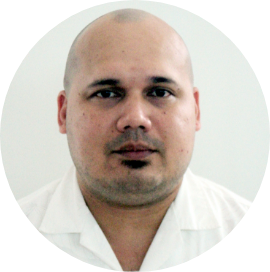
Bernard Adiniwin
Republic of Marshall Islands
.png)
David Apatang
Saipan, CNMI

Michael Barsabal
Philippines

Margie P. Bastolla
Orlando, FL
_(1).png)
David Bean
Springfield, Illinois
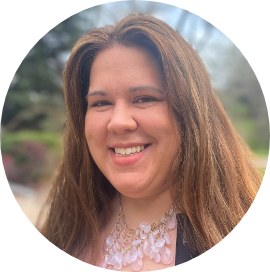
Katelyn Bell
Denver, CO

Jeffrey Berlin
Hawaii
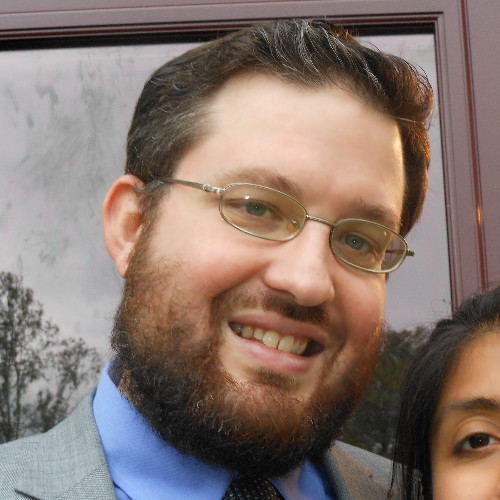
Michael Bingham
Washington DC
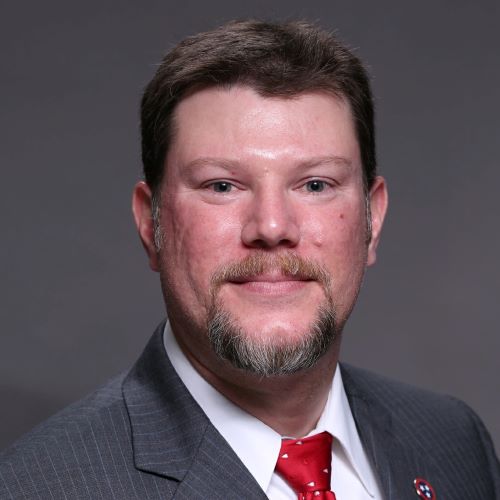
Gerry Boaz, CPA, CGFM, CGMA
Tennessee

Scott Cahoon
Guam
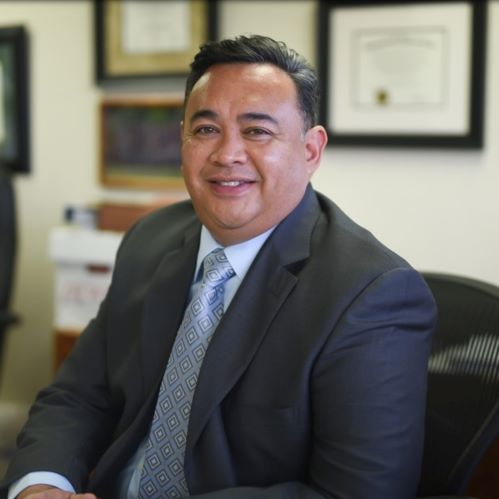
Vince Camacho, Esq.
Guam
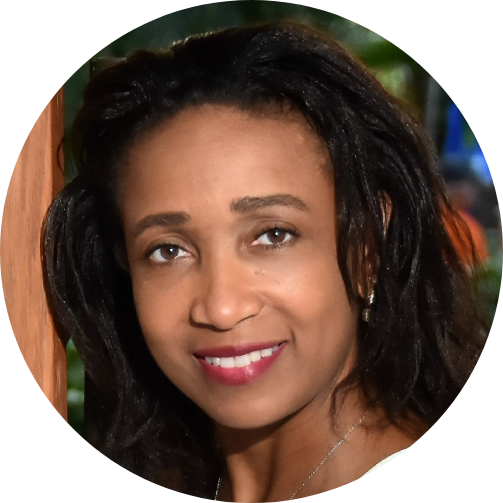
Clarissa Corbin, PMP
Williamsburg, Virginia

Frank Crawford
Oklahoma City, Oklahoma
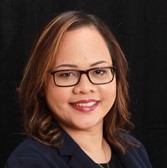
Doreen Crisostomo, Ph.D., CGFM, CFE, CICA
Guam

Benjamin Cruz, JD
Guam
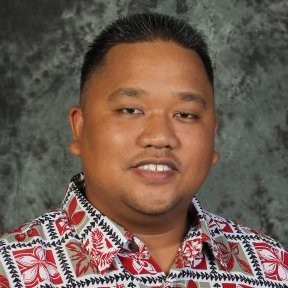
Angel A. Demapan
Saipan, CNMI
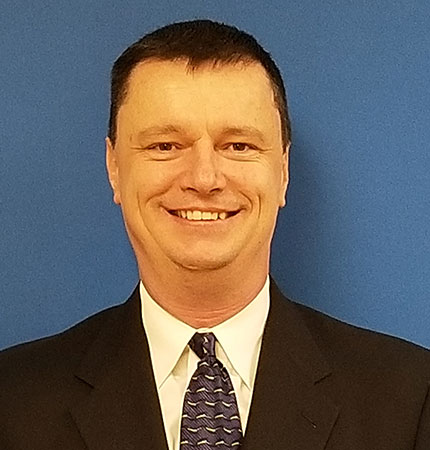
Steve Determan
Lakewood, CO

Vince Duenas
Guam
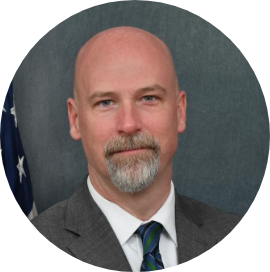
Matt Elliott
Washington, DC
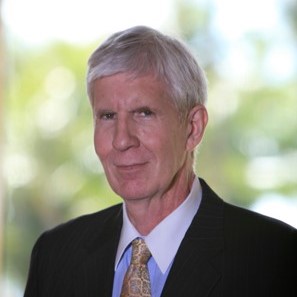
Daniel Fitzgerald, CPA
Guam

Emil Friberg
Washington, DC

Mark Funkhouser
West Virginia

Glenn Furuya
Honolulu, Hawaii
3.png)
Mark Lee Greenblatt
Washington, D.C.
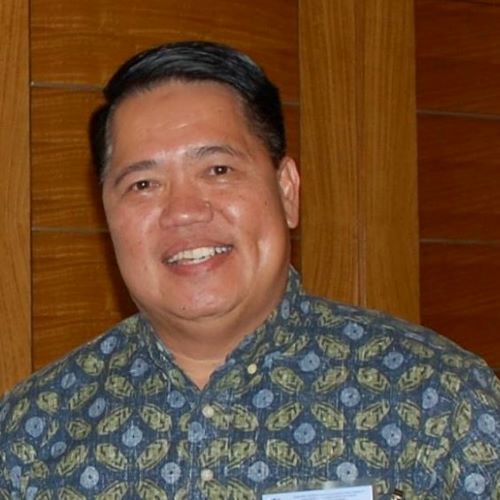
Jose Guevara, III, CGFM, PMP, MBA
Guam

Manny Hechanova
Guam
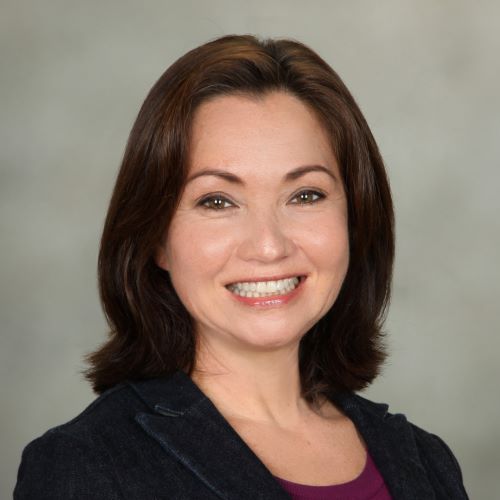
Yuka Hechanova, CPA, CIA, CGFM, CGAP, CGMA
Guam

Jerrick Hernandez, MA, CGAP, CICA
Guam

Artemio "Ricky" Hernandez, Ph.D., CGFM
Guam
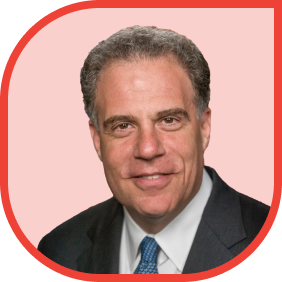
Michael E. Horowitz
Washington DC

David House
Denver, Colorado
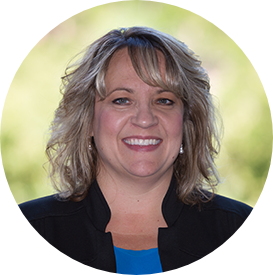
Kerri Hunter
Denver, CO

William Hunter
Saipan, CNMI

Le'Angela Ingram
Baltimore, MD
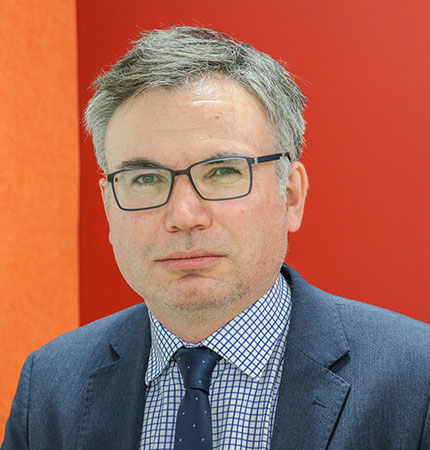
Nick Johnston
Auckland, NZ
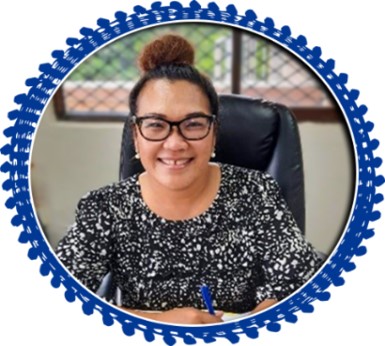
Kino Kabua
Republic of Marshall Islands

Drummond Kahn
Portland, Oregon
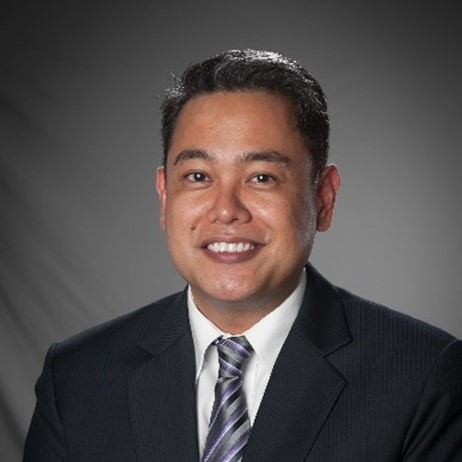
Jason Katigbak, CPA, CIA, CFE, CGMA
Guam
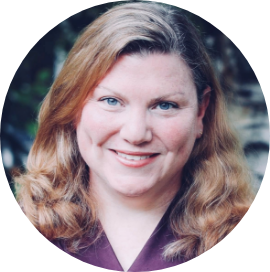
Karden Kelly
Anchorage, AK

Muhammad Khalid
Punjab

Les Kondo
Honolulu, HI
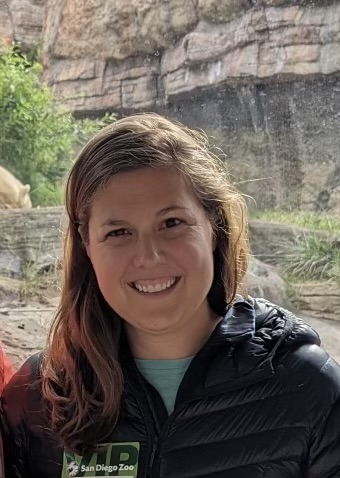
Katharine Kovacek
Denver, Colorado

Dan Kowalski
Ogden, NJ
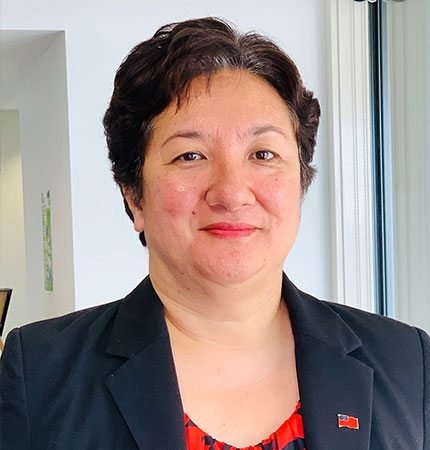
Esther Lameko-Poutoa
Auckland, New Zealand

Robert Lavigna
Madison, Wisconsin

Amin Leiman, PMP, CPC, SDC, SMC, CISA, ,MSBA, MBA
Los Angeles, California
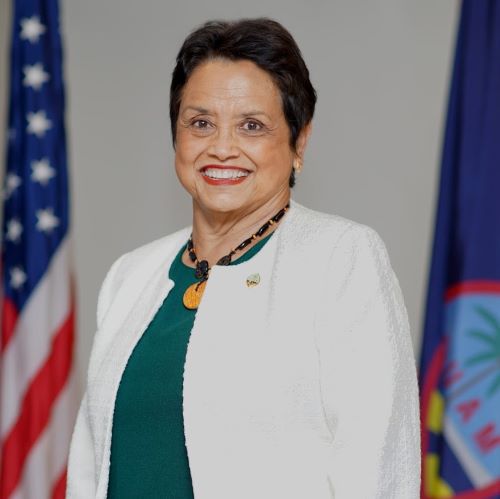
Lourdes A. Leon Guerrero
Guam
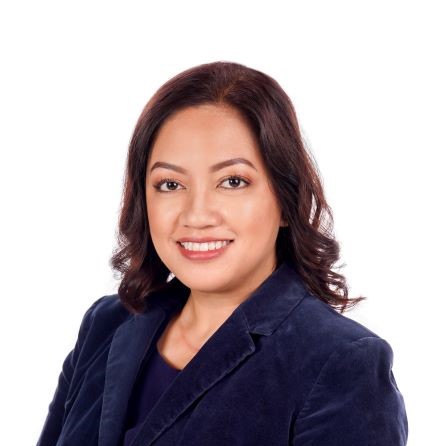
Daphne Leon Guerrero, SHRM-SCP, CAPM
Guam
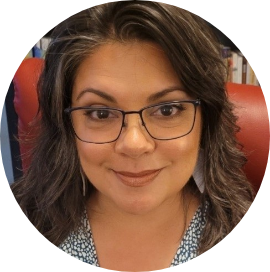
Stefani S. Levesque
Denver, CO
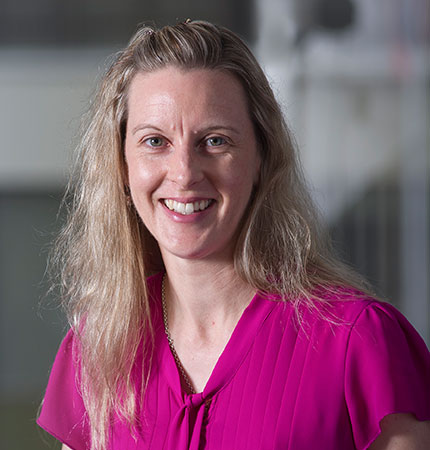
Sarah Markley
Auckland, NZ
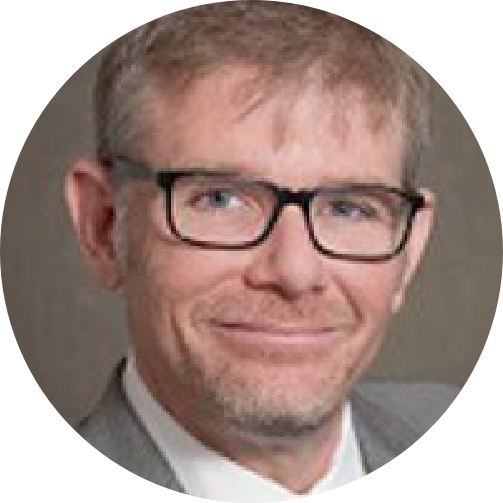
Kip R. Memmott
Salem, OR

Anna Mendiola
FSM National
-modified1.png)
Debbie Milks
Lawrence, Kansas
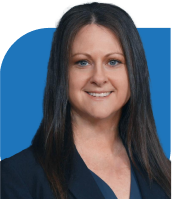
Nicki Miller
Washington, DC

Jason Mitchell
Pago Pago, AS

Billy Morehead, Ph.D., CPA, CGFM
Madison, MS

Mark Morgan, Ph.D., CPA, CFE
Madison, MS
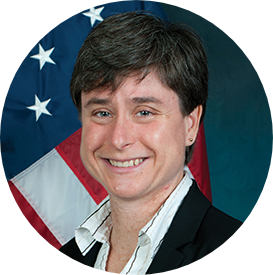
Susan Murphy
Boston, MA
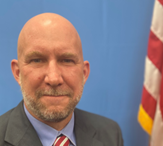
Eric S. O'Malley
Saipan, CNMI

Mary Okada, Ed.D.
Guam
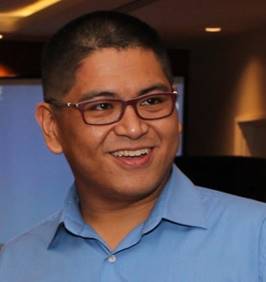
Rizalito "RG" Paglingayen, CPA
Guam
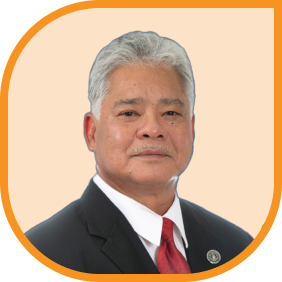
Arnold Palacios
Saipan, CNMI

Pilar Pangelinan
Guam
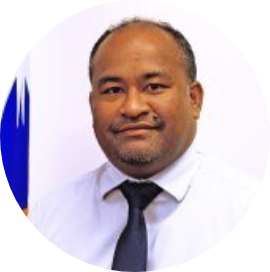
Junior Patrick
Republic of Marshall Islands
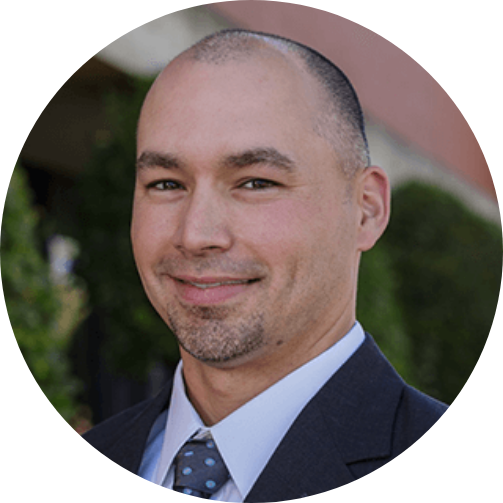
Christopher Pembrook
Oklahoma City, OK
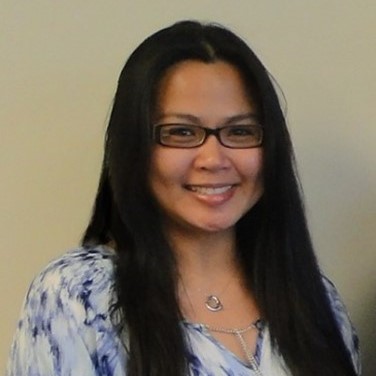
Maripaz Perez, CGFM, CGAP, CICA, CIA, CFE
Guam

Lillian Perez-Posadas, MN, RN
Guam

Skip Polson
Durham, NC
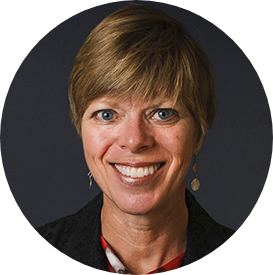
Dianne Ray
Denver, CO
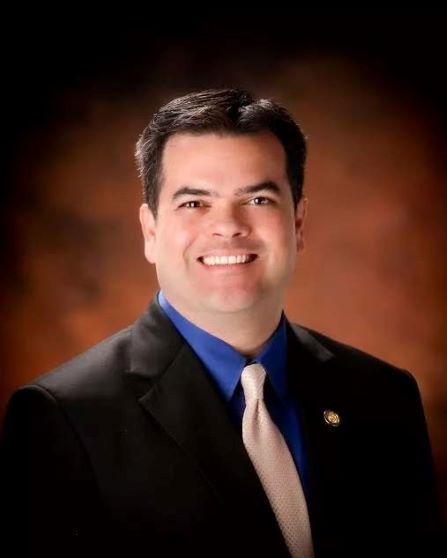
Rory J. Respicio
Guam
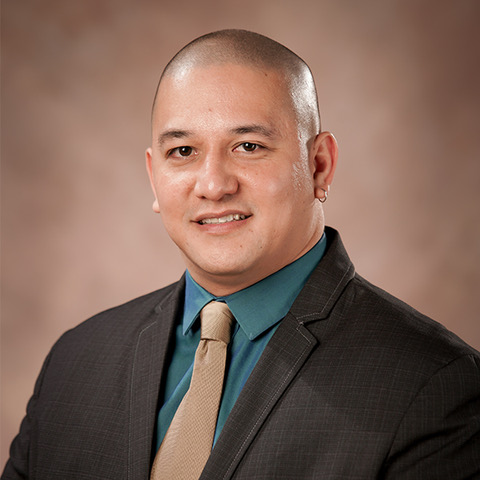
John J. Rivera, Ph.D., AIF, CFE, CM, SHRM-SCP
Guam
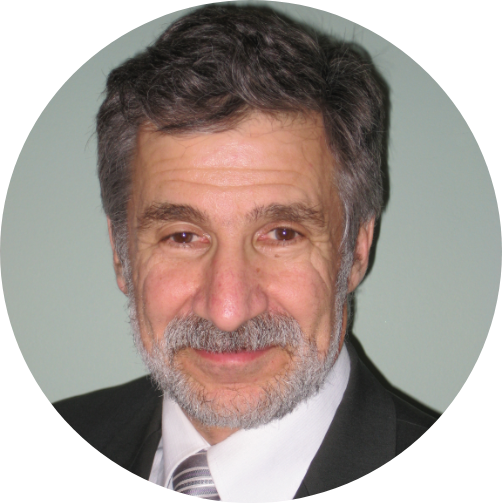
Martin Ruben
Charlottetown, PEI

David Rykken
Washington, DC
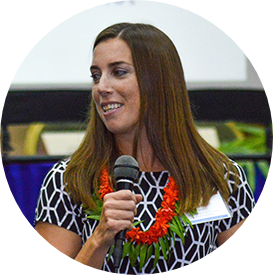
Beth Schubert
Denver, Colorado

Kathleen Sedney
Washington DC
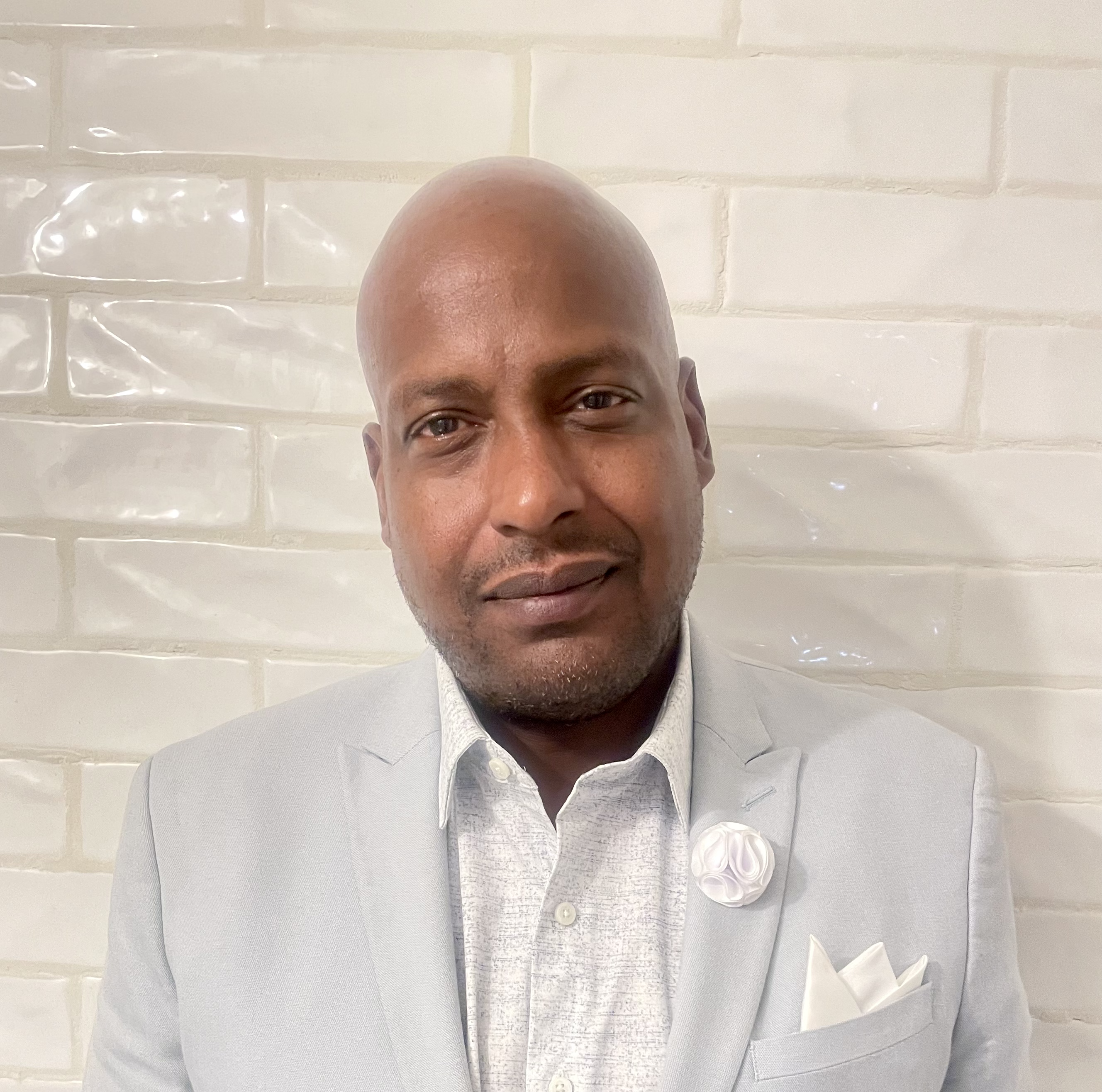
Seitu Stephens
Philadelphia

Mark Sturton
United Kingdom

Pending Traveler
NY

Terry VanEaton
American Samoa
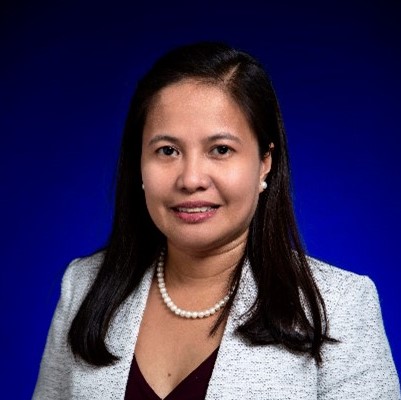
Josephine Villanueva, CPA, CGMA, CGFM, CSAF, SHRM-CP, PMP
Guam

Mizpah Wiegand, CPA
Guam
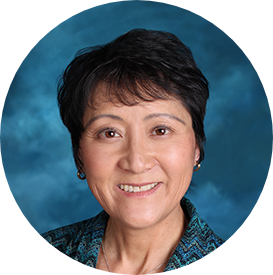
 +1.808.523.1650
+1.808.523.1650








 08 August 2025
08 August 2025  Jason
Jason  September 12, 2025
September 12, 2025 CPEs - 4 Credit Hours
CPEs - 4 Credit Hours Photo Gallery
Photo Gallery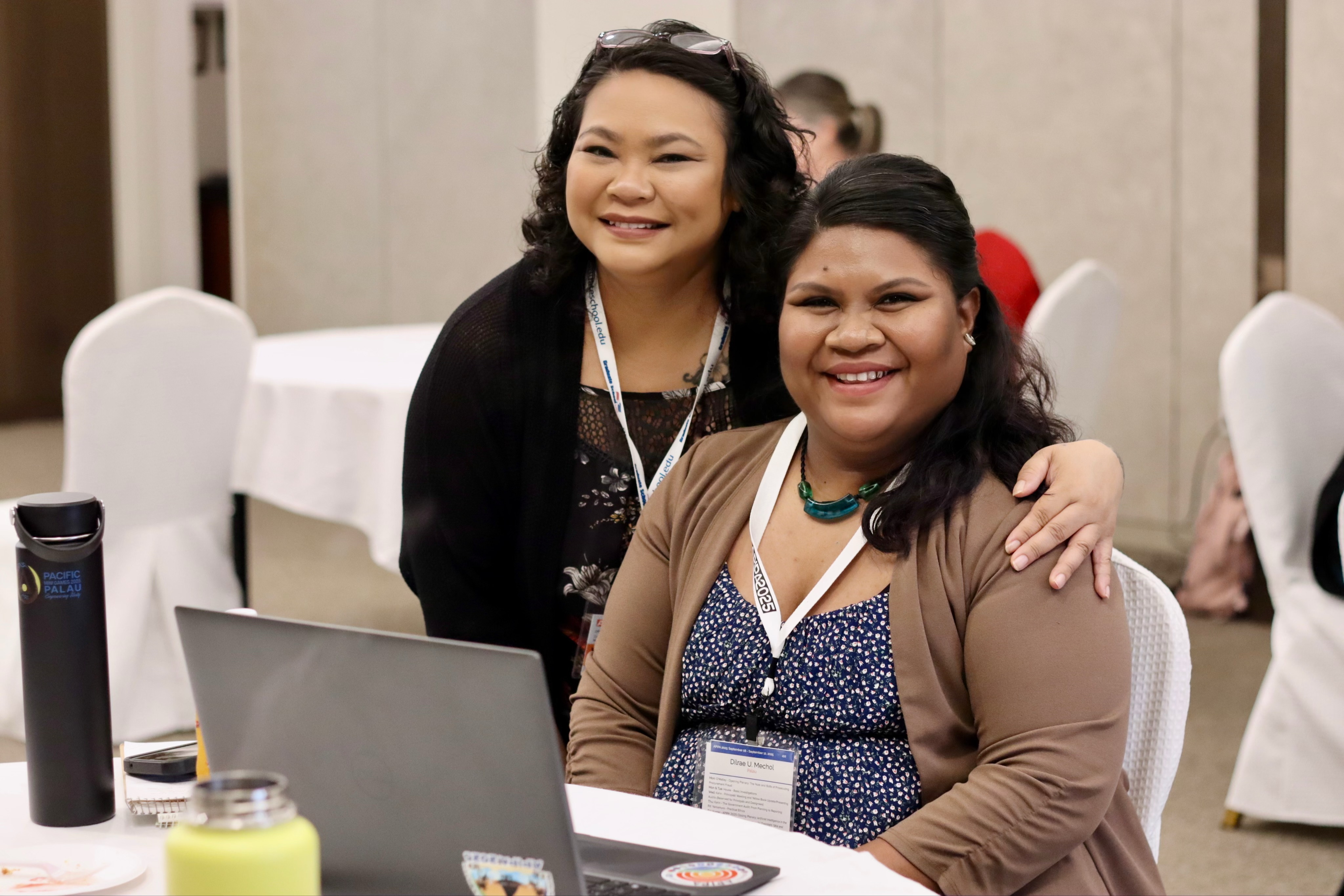
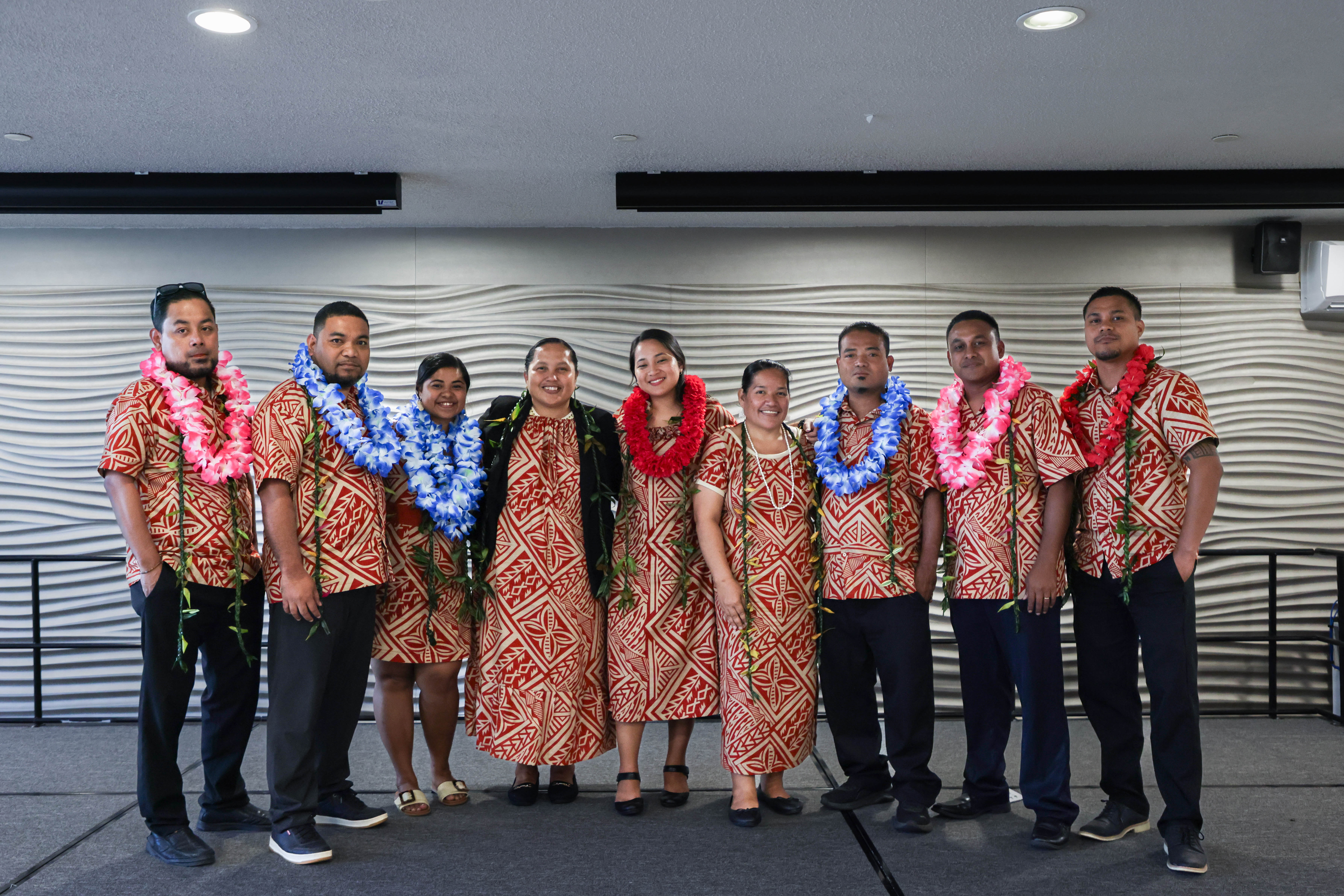

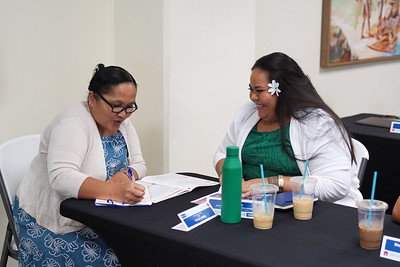
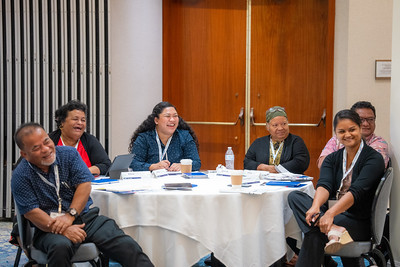
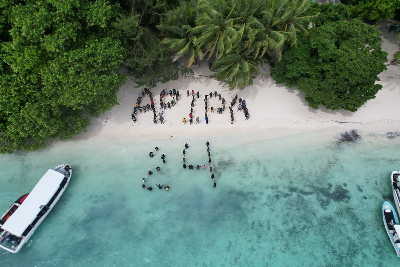
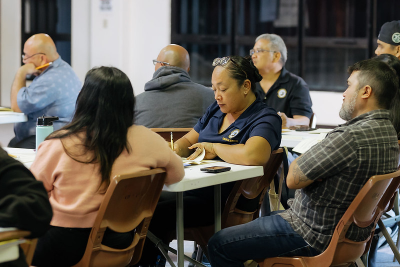
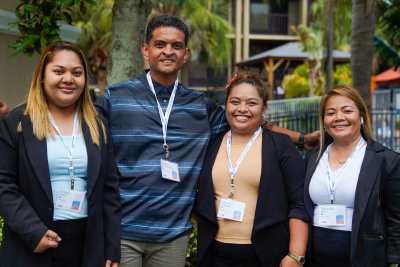
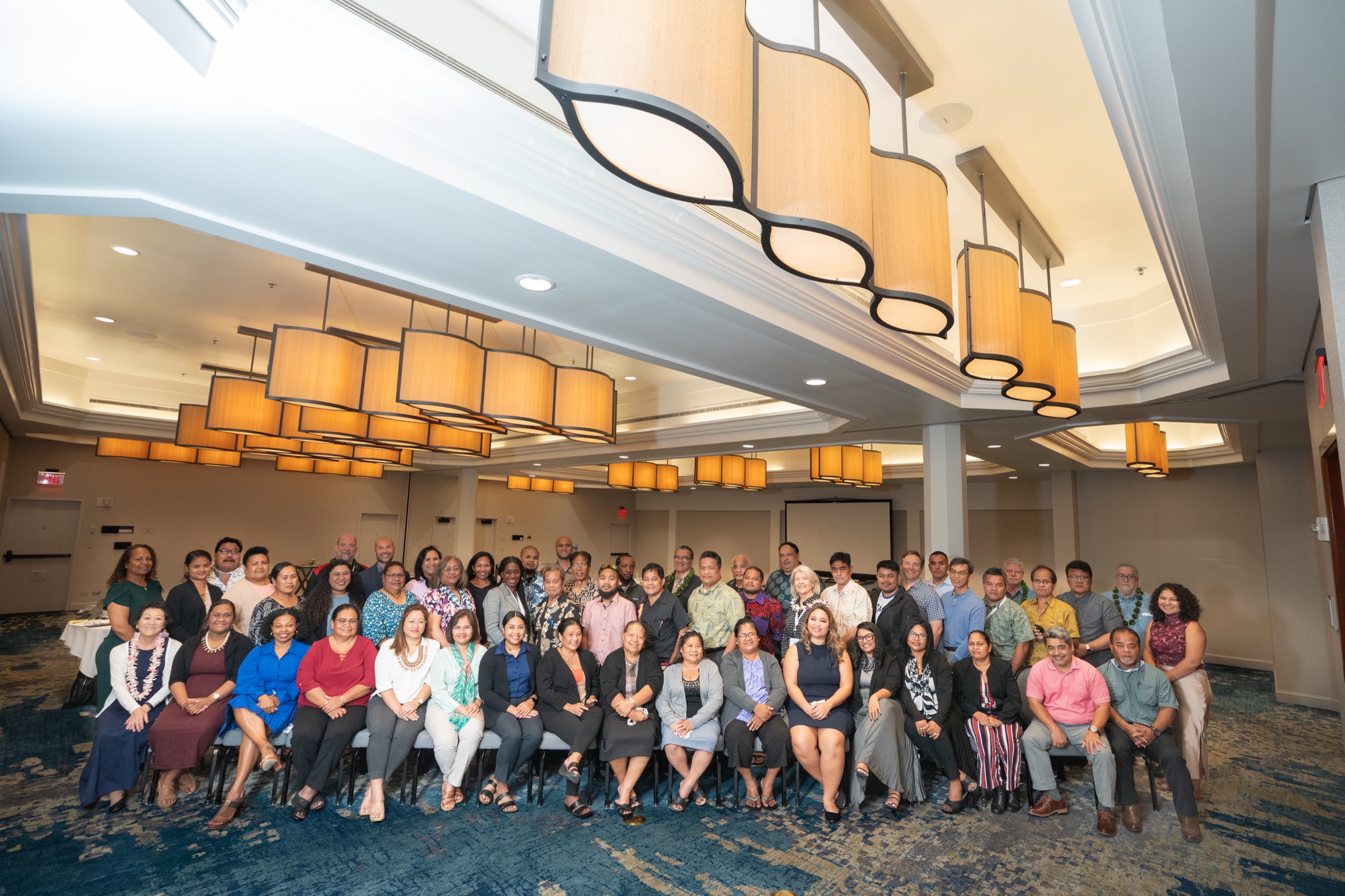


 COMPLETE GALLERY
COMPLETE GALLERY HOME
HOME NEWSROOM
NEWSROOM INITIATIVES
INITIATIVES CONFERENCES
CONFERENCES TRAINING
TRAINING ABOUT PITI-VITI
ABOUT PITI-VITI CONTACT
CONTACT ACCESSIBILITY
ACCESSIBILITY




 +1.808.523.1650
+1.808.523.1650

 900 Fort Street Mall, Suite 1540
900 Fort Street Mall, Suite 1540 
 Reset Password
Reset Password
 Chat
Chat
 Email
Email


 ACKNOWLEDGE
ACKNOWLEDGE READ FULL WAIVER
READ FULL WAIVER